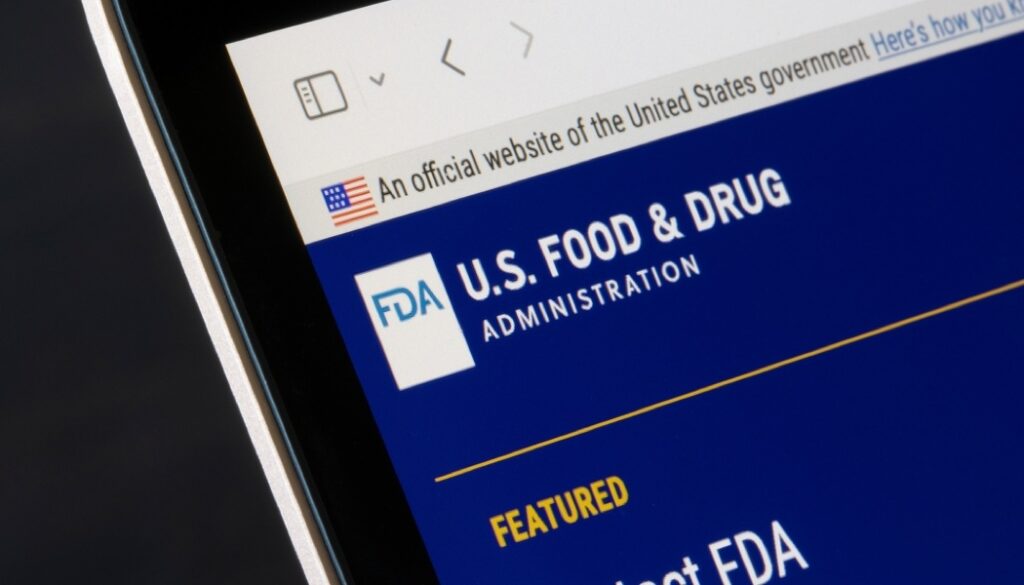[ad_1]
Cosmetic companies may have to take extra steps to ensure that any products containing talc and sold in the U.S. are free of asbestos under a federal rule proposed by the FDA.
Entitled “Testing Methods for Detecting and Identifying Asbestos in Talc-Containing Cosmetic Products” (“Proposed Rule”), the text was published in the Federal Register on December 27, 2024. Comments on the text are due 90 days after its official publication, so on March 27, 2025 at the latest. After that, the FDA will have 180 days to issue a final text.
Natural contaminant
Talc is a naturally occurring mineral that has many uses in cosmetics and other personal care products, such as absorbing moisture, preventing the appearance of caking, making facial makeup opaque, or improving the feel of a product.
However, talc is found in the same rock types as asbestos, a known carcinogen, and the two minerals may be difficult to separate in the mining process. Because of this potential contamination of talc with asbestos, the FDA considers it is important to test for the presence of asbestos in talc-containing cosmetic products.
Mandatory testing
The Proposed Rule, if finalized, would require manufacturers to test all their talc-containing cosmetic products or the talc ingredient used in their products for the presence of asbestos. Manufacturers may alternatively rely on a certificate of analysis from the talc supplier. They would also be required to keep records to demonstrate compliance with the rule.
Failure to comply with the rule’s testing or recordkeeping obligations would result in FDA deeming a cosmetic product to be adulterated, as would the presence of any levels of asbestos in the product or in talc intended for use in a cosmetic.
Reassure consumers
The proposal, which follows years of lawsuits against Johnson & Johnson and other companies alleging links between talc-based personal care products and cancer, was mandated by Congress with the aim to strengthen the safety of makeup, baby powder and other personal care products, and to reassure consumers.
Last July, the International Agency for Research on Cancer (IARC), the World Health Organization’s cancer agency, classified talc as “probably carcinogenic to humans.” However, IARC experts indicated that they could not rule out that the talc in some studies was contaminated with cancer-causing asbestos.
[ad_2]
Source link

